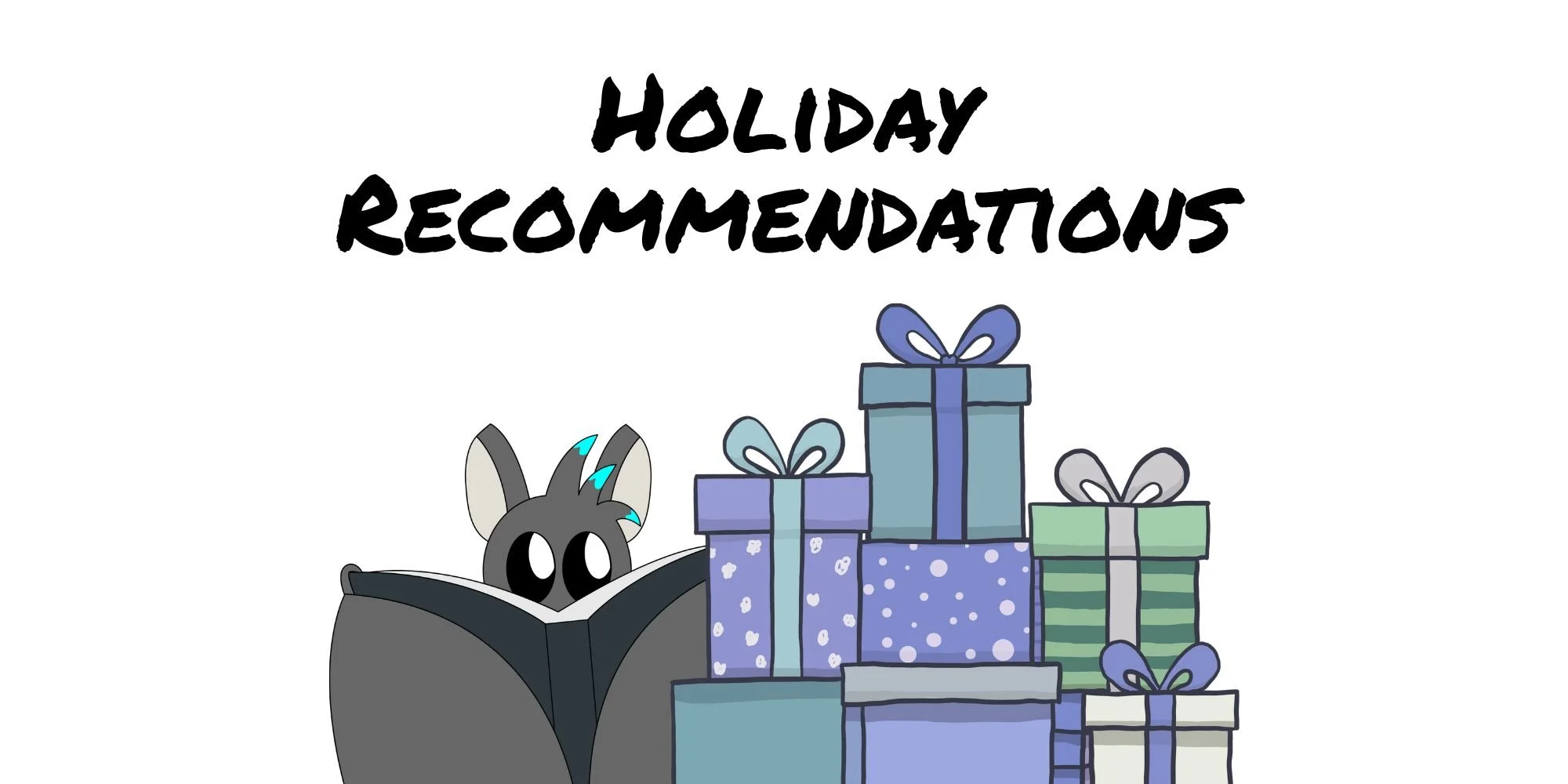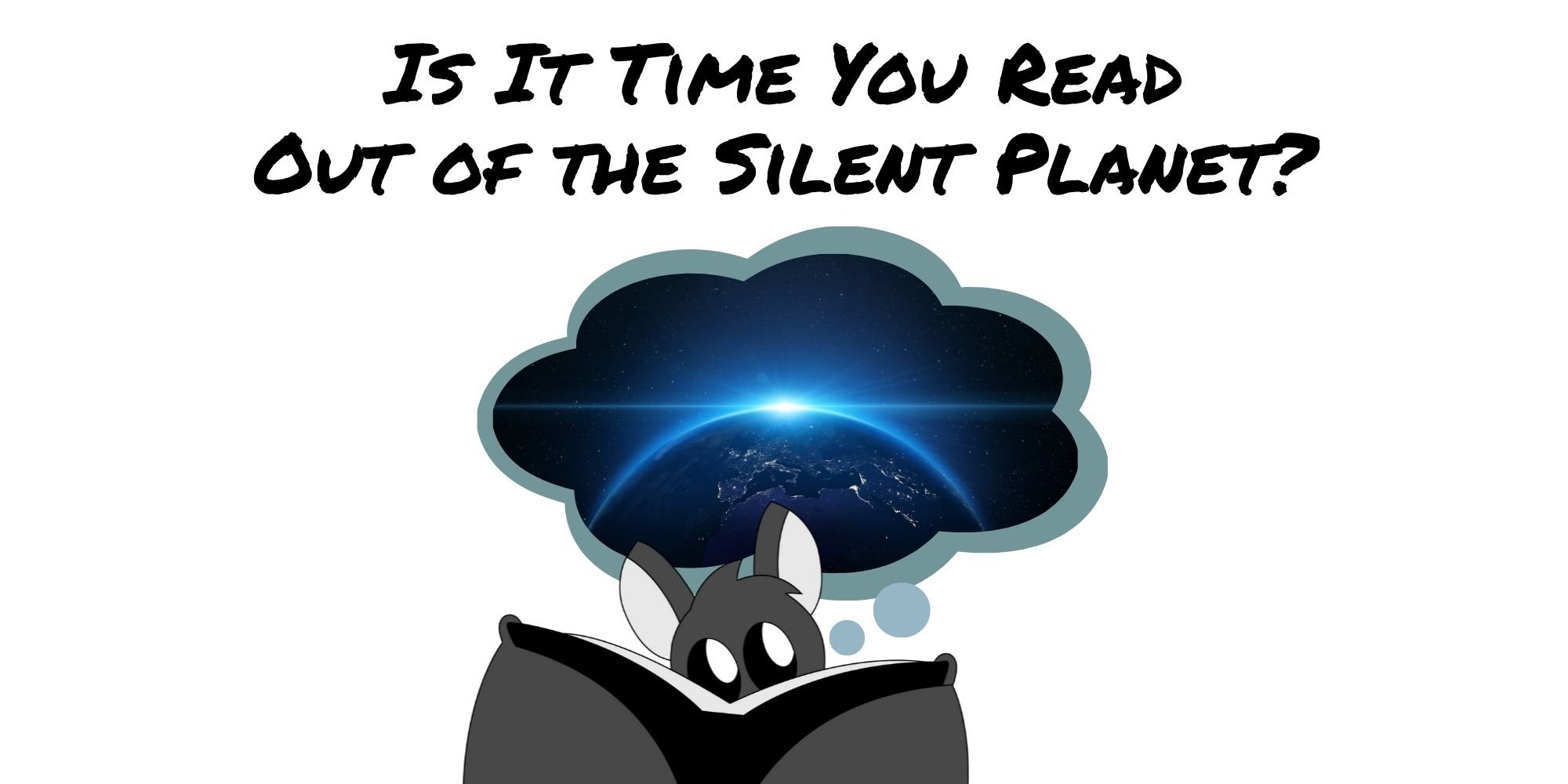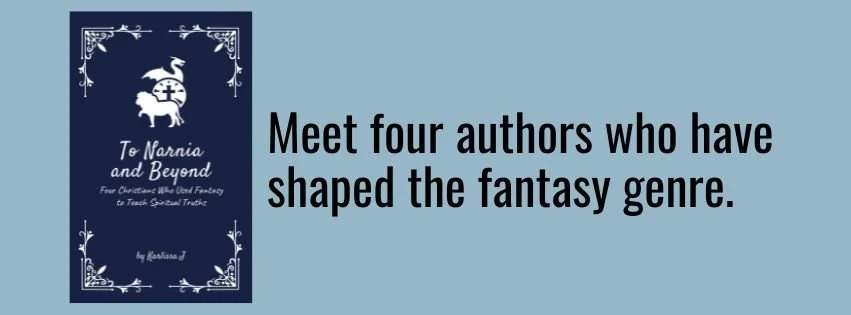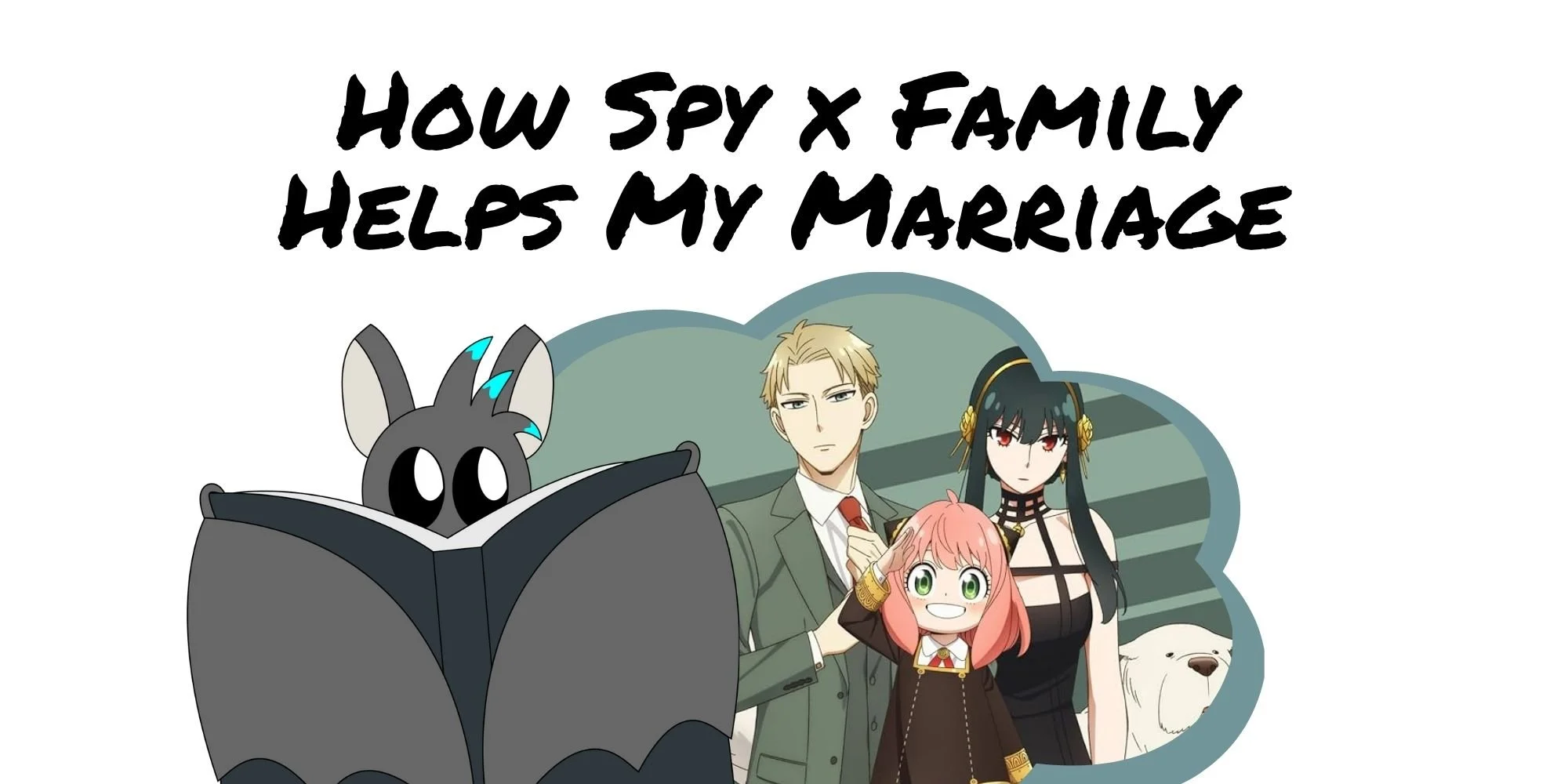Holiday Recommendations
Written by Jason
Hey everyone! It’s that time of year again! Of getting together with friends and family, reflecting on the year that has past and looking ahead to the next one, and… way too much going on! Okay, maybe that last one is just me, but for myself, I know that Christmastime is a time when I quite often get “peopled out” and want to advance in a direction away from what feels to me like complete chaos.
One goal Karlissa and I have discussed is keeping better track of what books (and even TV shows and movies) we watch in a given year. And if there’s one thing that I have learned, it’s that in today’s world of media oversaturation, word of mouth is the best way to market the stories you have interacted with.
So with that in mind, here’s some recommendations for different books, TV Shows, or even movies that you might want to consider in some of your quieter moments this holiday season, or even moving into the new year. Some might be new, others new to me, and of course, all are fantasy (or fantasy-adjacent)!
Books…
This manga is fun and has surprisingly deep themes about family life, responsibilities and bonds. Add on fantastic action of different types – espionage and outlandish assassinations – as well as fantastic characters and great humor. I can’t help but wonder that I get more out of this series as a husband and dad than the teen crowd it is aimed at.
Karlissa here! This year I discovered this beautifully illustrated book about the friendship of C.S. Lewis and J.R.R. Tolkien – I recommend checking it out!
TV Shows…
Okay, maybe this one is a bit of a cop-out. But having only discovered the manga and the TV series, I can honestly say that, in my mind they are both well worth your time. The TV show largely stays true to the manga, but Karlissa prefers the TV Show’s flow.
A fan-made, animated, original Legend of Zelda story. The fact that the characters speak via text boxes (like the video games) does not detract. The story is gripping, the soundtrack spectacular, and I for one cannot wait for the next episode (the 6th episode was released in the spring of 2025). Check out these videos on YouTube, this is not your average fan-fiction.
Movies…
While I’m sure many of you have come into contact with this movie in one form or another, please allow Karlissa a moment to sing its praises: “Fun, unique, and crazy, with great animation and engaging characters!”
Not a new movie by any stretch, but one that keeps with the holiday theme. Make no mistake, this is not a Christian movie by any stretch, but with charming animation, brilliant character growth and a great sense of humor, it’s a favourite in my house.
A new release for this year, and while the novelty of the first is gone, I would argue that it’s the more subtle character growth and struggles that give it plenty of merit all its own.
Thanks to everyone who has listened to our podcast, read our blog, bought a book, or attended a book signing this year! Thanks for being a part of the journey with us, and please stay tuned for updates on Karlissa’s new book To Narnia and Beyond, as well as any other projects that we will put out. Also, for more recommendations, follow Karlissa and I on Goodreads (click here for Karlissa and here for me) and see what we have been reading and our thoughts on them. Merry Christmas to all, and a Happy New Year!



















